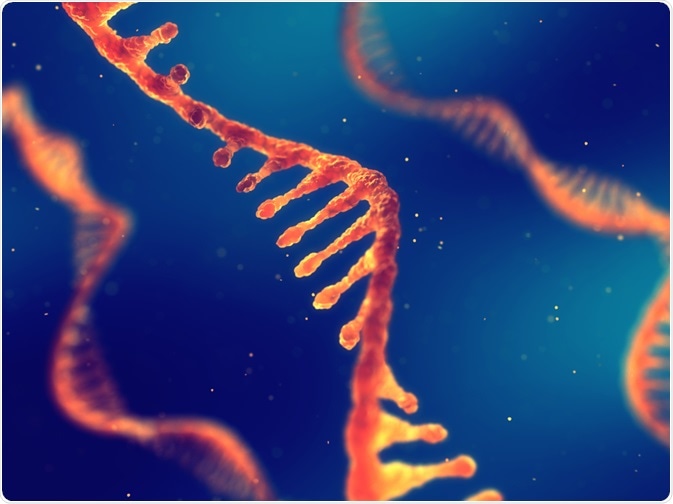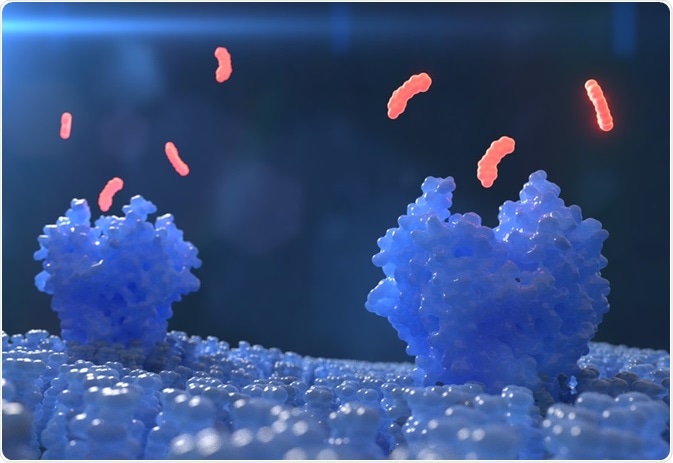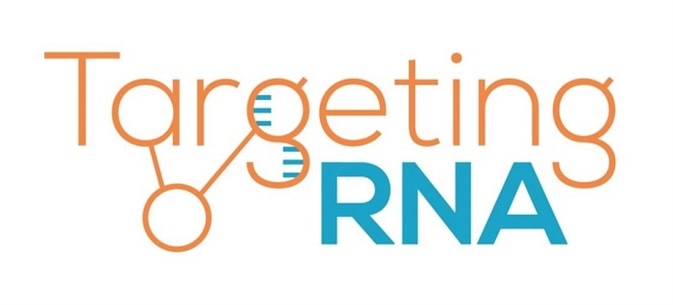At the moment, almost all small-molecule pharmaceuticals are designed to target proteins. However, only two percent of the human genome codes for proteins, leaving a reservoir of non-coding DNA and therefore RNA as potentially untapped treatment targets.
So far, the field of RNA therapeutics has focused on biologics, but the advent of epitranscriptomics and the advancement of bioinformatics tools have provided a host of new modalities to test whether modulation of RNA could be an effective therapeutic approach.
This year, the Targeting RNA Congress, taking place in Frankfurt, Germany, will showcase the latest advancements in direct RNA modulation using small molecules and epigenetics. Academic and industry leaders in the drug discovery field will come together to exchange strategic insights into the new platforms they are developing to identify and validate disease targets in the relatively untapped space of previously “undruggable” RNA targets.
Strategies to go from hit-to-lead candidates in the early stage of drug discovery will be discussed, along with approaches to address the chemical hurdles associated with the new platforms.
 nobeastsofierce | Shutterstock
nobeastsofierce | Shutterstock
What to expect
Examples are given below of the topics attendees can expect to hear about or discuss with leading industry players in big pharma and biotech, as well as experts in academia.
- The correlation between RNA structure and small molecule binding
- New methodologies for identifying RNA targets
- How to build platforms for hit-to-lead RNA targets
- How to associate RNA drug targets and disease relevance
- Advancements in biophysical and biochemical assays
- The animal models and organoids that are suitable for application in RNA experiments
- Upregulation using RNA modulating proteins
- How to map target identification to drug discovery
- Assessing the role RNA plays in the discovery of cancer drugs
- Assessing the stability and selectivity of RNA modifications
Experts will answer questions critical to achieving proof of concept
Proving disease relevance
Experts will provide answers to questions that are critical to achieving proof of concept for targeting RNA. For example, how do you prove disease relevance when developing drugs that target and modulate RNA regulation? Dr. Francois Fuks from Epic Therapeutics will share his knowledge about cancer epigenetics and how to identify disease-relevant RNA targets for the discovery of cancer drugs.
Applying artificial intelligence
In terms of modeling, Biotech companies are adopting artificial intelligence across many of their drug discovery platforms, but how can this be applied for RNA therapeutics? Dr. Kamal Azzaoui from Saverna Therapeutics will discuss how machine learning tools can be used to model RNA interaction and build small-molecule screening compounds.
Developing small molecules using epitranscriptomics
Drug discovery platforms are also emerging around RNA epigenetics and small molecules but how do you approach enabling chemical modifications of RNAs and what type of RNAs are best for small molecule building?
Epitranscriptomics expert Professor Eric Miska from the University of Cambridge and founder of Storm Therapeutics will share how he and his colleagues have identified microRNA modifications that are linked to therapeutic applications.
Dr. Razvan Nutiu from Novartis will also discuss how to develop chemical probes for disrupted RNA splicing that will enable the assessment of the molecule’s biological function and structure.
Validation
Determining protein function is a well-established area of research, but what about the tools used to assess proteins suitable for RNA therapeutics? What tools and assays are being developed to analyze RNA structure? Dr. Gerhard Mueller from Gotham Therapeutics will be sharing Gotham’s approach to developing RNA-specific validation platforms.
 Alpha Tauri 3D Graphics | Shutterstock
Alpha Tauri 3D Graphics | Shutterstock
The agenda at glance
Day one
Day one will begin with a session on the emergence of RNA therapeutics, the methodologies that have been developed to enable the drugging of RNA with small molecules and the epigenetic routes to targeting RNA modifications for therapeutics applications.
In a session on mapping RNA target identification and validation, Structure-Activity Relationship (SAR) will be presented as a means for validating compounds as tools that target small RNAs. Other topics will include the computer-aided structure-based design of bioactive small molecules that target microRNAs and targeting noncoding RNA using an NMR fragment-based design.
During a talk about RNA functionality in terms of tackling selectivity, binding, stability, and specificity, the validation of RNA meta transferases and the move beyond cell model activity will be discussed. For binding capability, techniques for characterizing RNA and small molecules will be presented. RNA folding and structure within living cells will also be discussed.
The day will end with a roundtable and moderated panel discussions about RNA functionality issues.
Day two
Day two will begin with an overview of therapeutic opportunities and the process of proving disease relevance in RNA medicine.
This will be followed by a panel discussion about using small molecules to tap the RNA space and move from disease treatment to prevention, as well as the necessary improvements needed to make this unmet need a reality.
Epitranscriptomics will be discussed and the targeting of acute myelomas and leukemia with modifying enzymes will be used as an example. Other examples will include chemical modifications of N6-Methyladenosine (m6A) methylation and exploring RNA binding proteins such as Lin28 inhibitors as drug targets.
A session about directly drugging RNA with small molecules will cover the modulation of RNA biology using small molecules and the development of novel compounds that inhibit MB proteins.
Finally, the fundamental science for translating RNA medicine will be discussed. Topics will include the role mitochondria RNA modulation can play in drug discovery and the exploration of translating RNA as a drug target within oncogenic compounds
Find out more
The Targeting RNA Congress will take place in Frankfurt, Germany, between November 26-27, 2019. For more information, visit the conference website, or contact the organizers at [email protected].
